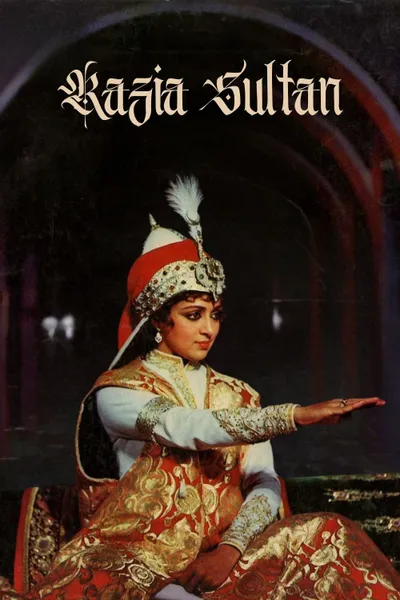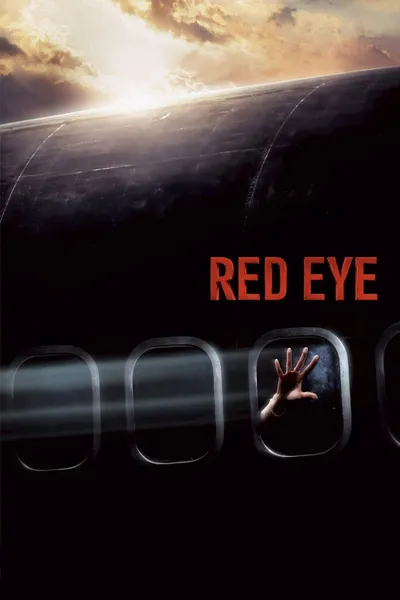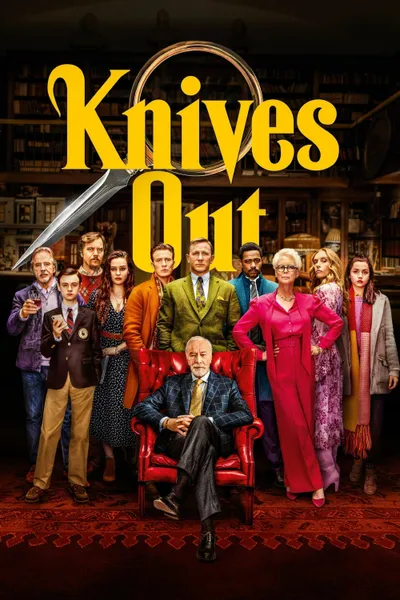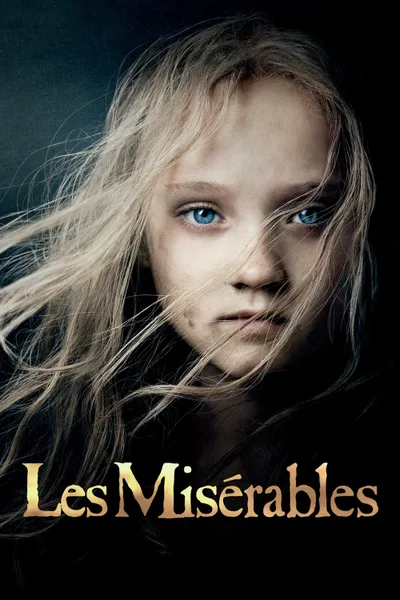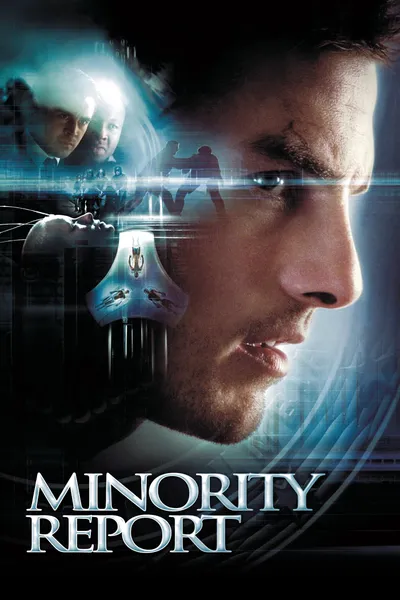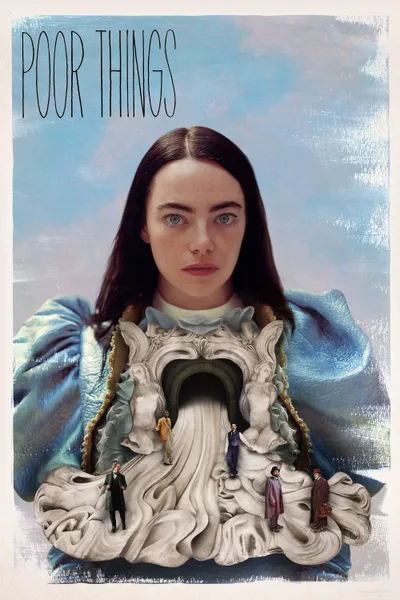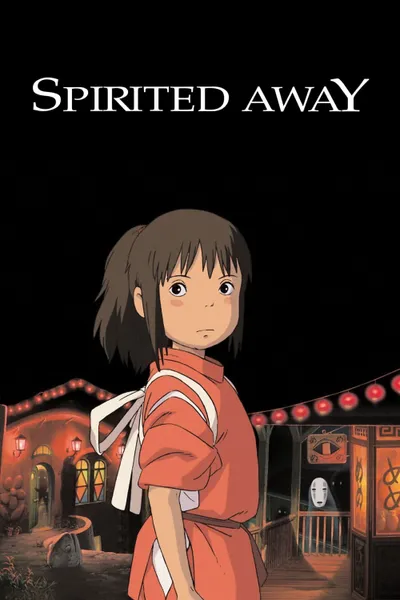Reviews
thrill
November 1, 20130.0
Well, as the title says, it is infact the most underrated movie ever produced by Indian cinema. Its all about the un-riped, non matured persona of Indian movie viewers of that time, which rejected a sheer classic just because it was not in common man`s language, but indeed had the magical sense of poetric Urdu and Hindi combination. The story is all about the first ever female Indian ruler of Delhi sultanate time, Razia sultan. Though the movie played a little bit with the history, which though in itself is doubtful and confused, it dealt with the concept very intelligently. Sultan Iltutmish wants to hand over is throne to his daughter Razia, who is most eligiable for the post among all his heirs. However it wasnt that easy in the medieval period of indian history and many chiefs stood against her, whom she successfully suppressed and gained her empire. The story along with all these historical element, also deals with the persnale side of Razia, that is, her love affair with a slave, who later was rewarded with freedom by the Sultan Iltutmish, owing to his bravery and loyality. Now as this love affair which wasn`t approved by any of her chiefs, they revolted against her and she eventually died fighting. Now history says something else, which by the way isnt to be discuss here. The movie by Kamal amrohi (Pakeezha and many more), was a total treat for the eyes with its huge sets of medieval times. The art was the most outstanding part of the movie and a phenomenal amount of money was spent on them ( 15 crores in 1982). These sets almost took us in those times with glittering diamond jewellery, the wepaonry and costumes. Dharmendra and Hema looked perfect in their roles and carried them with a delicacy indeed required according to the time period, movie dealt with. The music (Khayyam) and lyrics were superb and totally matched with the story requirements. Who can ever forget the melodious and shivering voice of Gabban mirja in "ayyi zanjeer ki jhnakar" and "tera hijra mera naseeb" and the sweetness of "Ae dile nadan" by Lata. The writing credits goes to Kamal amrohi who also directed the film. The language was so poetric and complex that it became the main reason of its failure at the box office. And we say that the classics are not rememeberd by their collections but their chrams which still haunts the viewers, Razia sultan will be remembered as a historical classic, which depicted the art of movie making, while dealing with the subjects, centuries old, but which haven`t yet lost their beauty.
Recommendation Movies
Red Eye2005
Joker2019
Palm Springs2020
Dune2021
Oppenheimer2023
Knives Out2019
Godzilla vs. Kong2021
Harry Potter and the Philosopher's Stone2001
Superbad2007
Les Misérables2012
Me Before You2016
The Avengers2012
The Intouchables2011
Into the Wild2007
Minority Report2002
Titanic1997
Frozen2013
Poor Things2023
Spirited Away2001
Back to the Future1985
© 2025 MoovieTime. All rights reserved.Made with Nuxt
